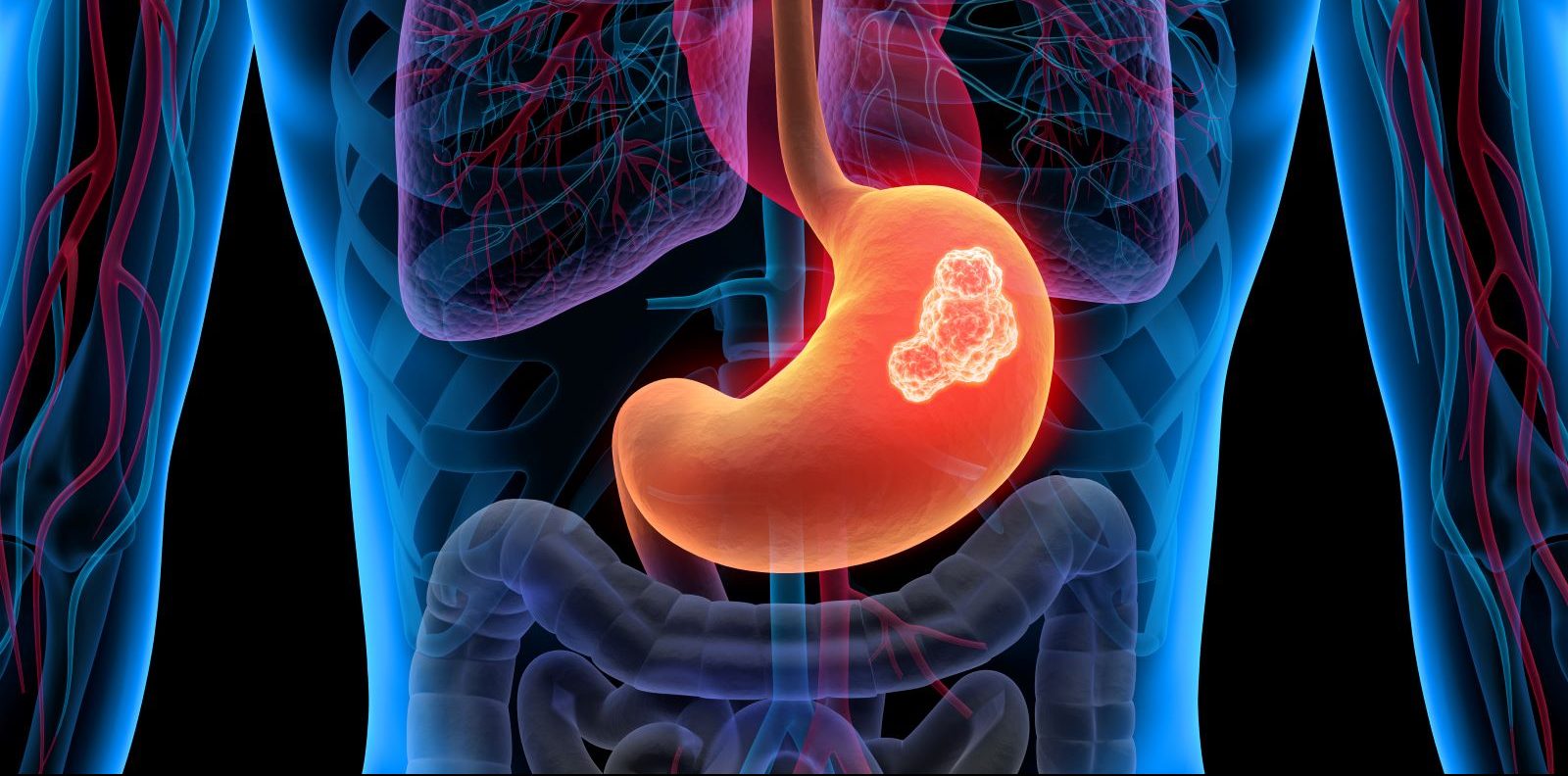<< Back
Toby Keith Diagnosis Shines Spotlight on Stomach Cancer

June 16, 2022
The recent announcement by country music superstar Toby Keith that he has undergone treatment for stomach cancer offers a chance for public education on this often difficult-to-diagnose illness.
Keith announced that he was treated for stomach cancer over the past six months with chemotherapy, radiation and surgery.
“So far, so good,” Keith, 60, wrote in a statement on multiple social media platforms. “I need time to breathe, recover and relax. I am looking forward to spending this time with my family. But I will see the fans sooner than later. I can’t wait.”
There are different types of stomach cancer, also known as gastric cancer, but Keith did not specify which type he has.
Charles Cha, MD, FACS, a surgical oncologist with Hartford HealthCare’s Cancer Institute based at St. Vincent’s Medical Center, noted that stomach cancer can be difficult to catch early because it shares symptoms with so many other types of illnesses.
Stomach cancer accounts for more than 26,000 new cases a year, or about 1.5 percent of all new cancer diagnoses each year, according to the American Cancer Society. About 11,100 people die each year of that form of cancer.
“Treating stomach cancer has become more successful due to improvements in staging the disease, as well as advances in research and technology,” Cha said. “Diagnosis in the early stages has resulted in more patients surviving stomach cancer and extended life expectancy.”
In the early stages, symptoms of gastric cancers can include:
- Indigestion and stomach pain.
- Feeling bloated after eating.
- Nausea.
- Loss of appetite.
- Heartburn.
In more advanced cases, symptoms can include:
- Blood in the stool.
- Vomiting.
- Weight loss.
- Jaundice.
- Ascites, or a build-up of fluid in the abdomen.
- Trouble swallowing.
“While these symptoms may be unrelated to stomach cancer, if you experience any of them with regularity you should speak with your doctor to determine if diagnostic testing is necessary,” Cha said. “Testing may include blood work, a CT scan, endoscopy, biopsy or barium swallow.”
The four main types of gastric cancer are:
- Adenocarcinoma. Up to 95 percent of stomach cancers are adenocarcinoma, developing in the stomach’s inner lining (the mucosa).
- Lymphoma. These cancers of the immune system are found in the stomach wall.
- Gastrointestinal Stromal Tumor (GIST). This rare tumor can develop anywhere in the digestive tract, though it is most often found in the stomach.
- Carcinoid Tumor. Originating in hormone-making stomach cells, these tumors usually do not spread to other organs.
Keith underwent the traditional course of treatment for stomach cancer – a combination of surgery, radiation therapy and chemotherapy. Targeted therapy or immunotherapy can also be used.
Surgical procedures to combat gastric cancer include:
- Endoscopic Mucosal Resection. This technique is often employed to address early-stage cancer by removing a tumor using an endoscope.
- Subtotal or Partial Gastrectomy. In this procedure, your surgeon removes part of the stomach and nearby lymph nodes. The rest of the stomach is then connected to the esophagus or small intestine in a procedure called a partial gastrectomy.
- Total Gastrectomy. In this major surgery, the entire stomach is removed and the esophagus is attached to the small intestine.